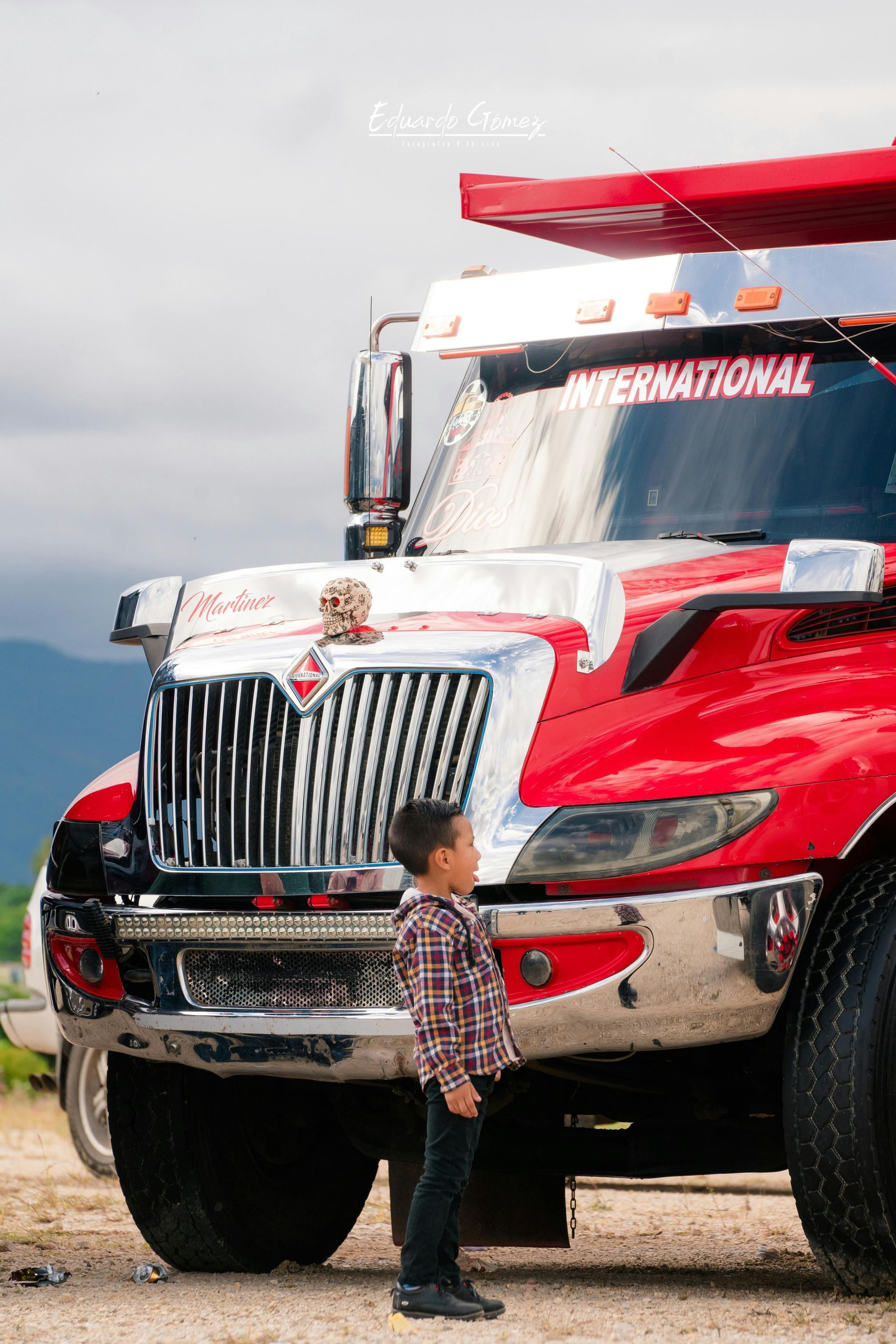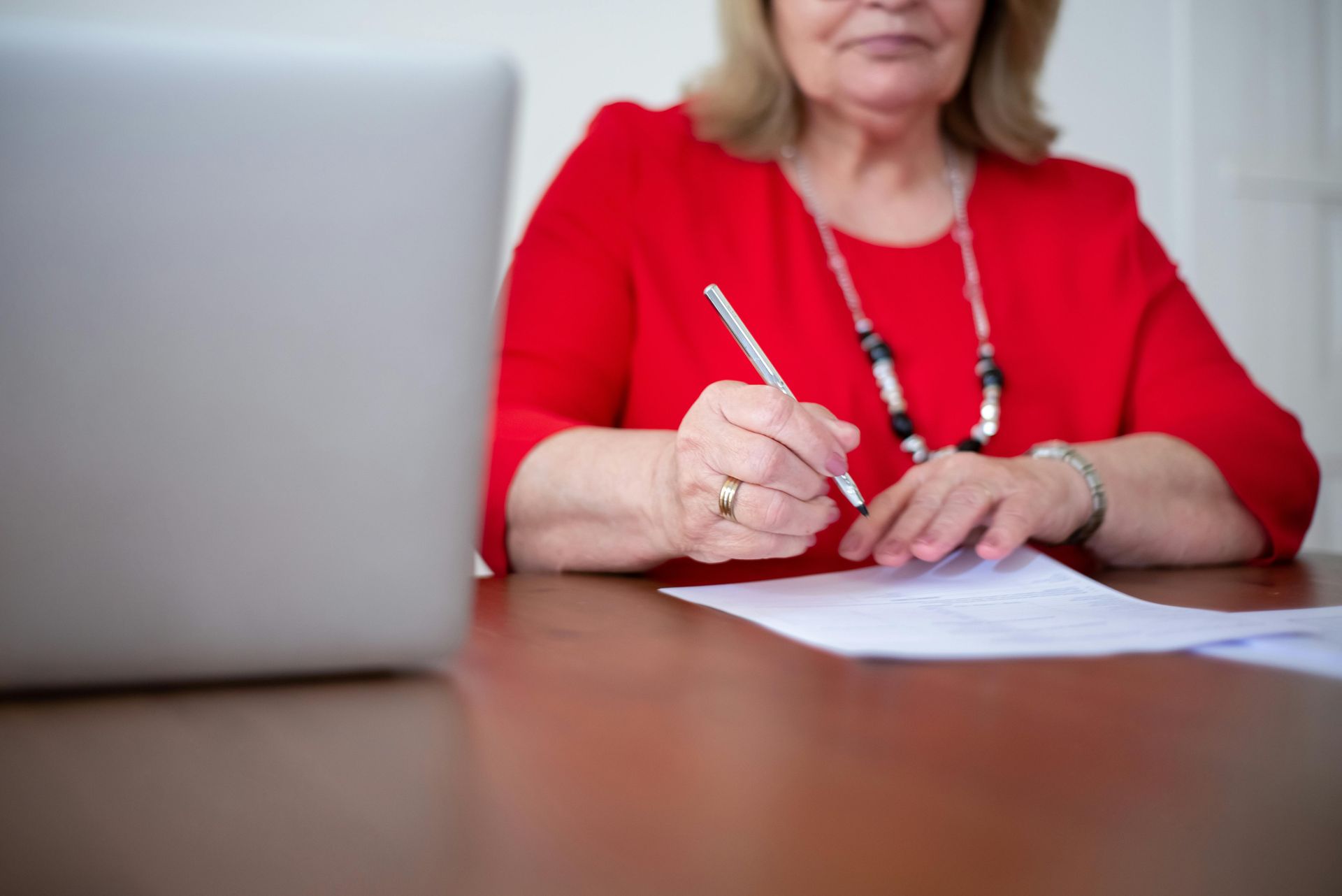After a Car Wreck in Alabama, Who Pays the Medical Bills First? A Plain-English Guide
After a Car Wreck in Alabama, Who Pays the Medical Bills First? A Plain-English Guide

After a car wreck, most people ask the same question: Who pays my medical bills? You might assume the at-fault driver’s insurance pays as you go. In reality, payment typically doesn’t arrive until the claim resolves, which can take time. Meanwhile, bills start arriving right away. Here’s a plain-English guide to how medical bills are usually handled after a crash in Alabama—and what you can do to protect yourself.
For help specific to your situation, visit our Car Accident Lawyers in Mobile page, review our Personal Injury services, or contact us for a free case review.
Emergency care and your health insurance
If you go to the ER or urgent care, providers will typically bill your health insurance first (if you have it). You may owe copays or deductibles in the short term. Keep every Explanation of Benefits (EOB) and receipt; these show what was billed and paid.
If you don’t have health insurance, providers may set up self-pay plans, hold bills while liability is assessed, or file hospital liens (more on that below). Whatever your coverage, get the treatment you need—medical records are essential for both your health and your claim.
Medical Payments (“MedPay”) coverage—check your auto policy
Many Alabama drivers carry optional Medical Payments coverage, which can help with immediate medical bills regardless of fault. Limits vary (often a few thousand dollars) and can be used for ER visits, imaging, and early treatment. MedPay can coordinate with health insurance; keep receipts and submit promptly to avoid delays.
When the other driver has no insurance—or not enough
If the at-fault driver is uninsured or carries low limits, your own policy may include uninsured motorist or underinsured motorist coverage (spelled out, not jargon). While these benefits are typically part of your injury claim value rather than a pay-as-you-go medical benefit, they can be crucial in resolving the full cost of care once liability is established. There are notice and documentation requirements—talk with a lawyer early to preserve your rights.
Hospital liens and subrogation—why they exist
Providers and health insurers may assert liens or subrogation rights—claims for reimbursement out of your eventual settlement. This can feel frustrating, but it’s common and manageable. A law firm can often negotiate reductions, resolve competing claims, and coordinate distribution so outstanding balances are addressed when the case concludes.
Why quick checks can cost you later
Early settlement offers may arrive before you know the full scope of your injuries. Concussions, disc injuries, or ligament damage can evolve over weeks or months. If you settle too soon, you may be responsible for later bills and therapy. A measured approach—completing a reasonable course of care and gathering the right documentation—helps ensure decisions are informed.
What to keep and track
Start a simple file or spreadsheet and save:
- ER and clinic records, imaging, therapy notes
- EOBs, copays, mileage to appointments, medical devices, prescriptions
- Missed work documentation, disability notes, HR communications
Detailed records help your lawyer present the complete picture of your losses.
How a car-wreck attorney helps you navigate bills
A legal team can:
- Explain the order of payment in terms you can act on.
- Coordinate health insurance, MedPay, and liens so nothing falls through the cracks.
- Make timely requests for records and ensure your medical file reflects the full extent of injury.
- Communicate with adjusters and protect you from tactics that minimize your claim.
- Pursue every available coverage layer.
For guidance you can use today, see our Car Accident Lawyers page, explore Personal Injury, or contact us for a free, no-obligation review.










